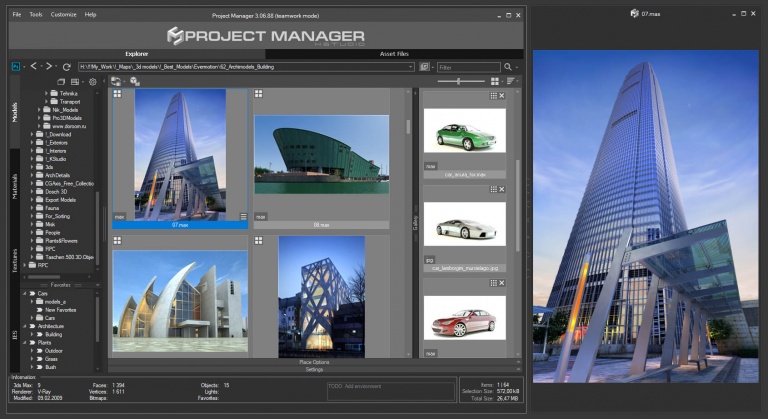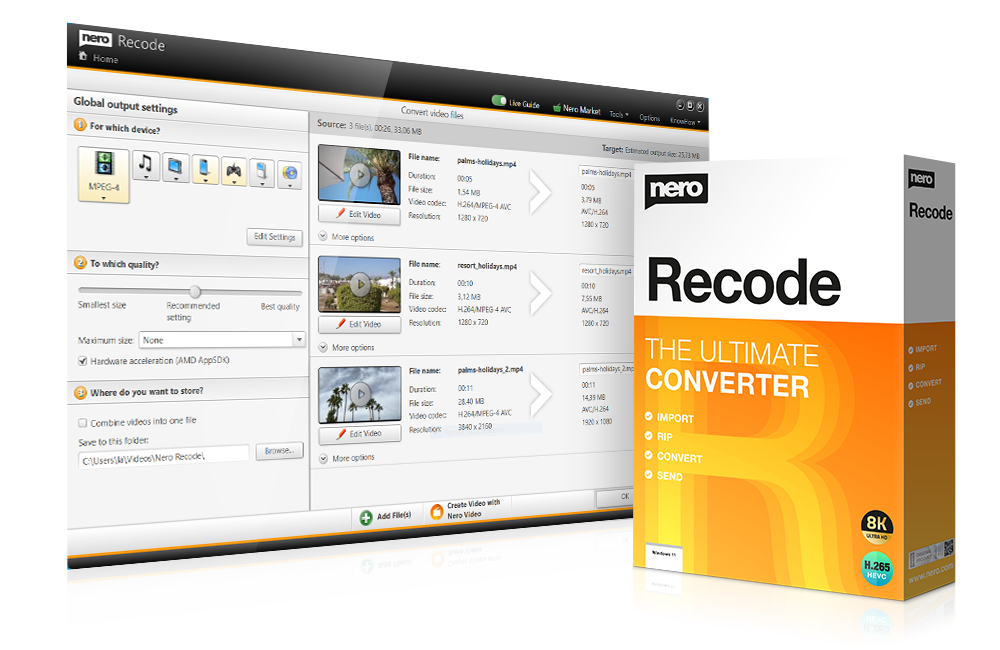![[New] Leveraging Secondary Footage for Enhanced Storytelling](https://thmb.techidaily.com/05c8c6fd73c6fec22a2f538188954b893a706bcf3ee5edf935baeb75dd083d47.jpg)
[New] Leveraging Secondary Footage for Enhanced Storytelling

Leveraging Secondary Footage for Enhanced Storytelling
B roll is a phrase used to describe supplemental video, which is frequently used as cutaway video to add visuals and context to your tale. The phrase dates back to the earliest days of Hollywood when movies were still being made on film. The main roll of film was called the A-roll, and a second roll of film called the B roll, or B-reel, was used for cutaway shots and transitions.
Now that we know that, let’s dive in!
1. B roll In TV And Movies
Broll is an acronym for “background” or “behind,” respectively. It usually refers to extra footage captured with a movie camera while keeping the lighting consistent between scenes in the movie industry. When the filmmaker doesn’t want to show any dialogue or action on screen but needs some movement within the frame, it might be utilized as filler.
B roll has been used from the first silent movies, including D.W. Griffith’s 1915 film “Intolerance.” Griffith’s creative application All of the shots that are used in a movie or television show are collectively referred to as “b roll footage.” To add context and complexity to the production being recorded, these shots are frequently seen on screen in quick succession.
B roll can be utilized for establishing shots as well as close-ups of items. It is used by filmmakers when they lack the funds for pricey films or when they want to showcase their originality. It’s also a fantastic method for narrating stories devoid of conversation. It might be anything, such a view of a landscape or a person’s hands holding up a sign with words on it.
For instance, wider shots are frequently used when someone is giving a speech while seated behind a podium so that we can see both them and their surroundings, such as audience members standing close and applauding or security personnel.
Now that there are so many stock footage platforms, you have a lot of choices when you need just the right scene for your project. Most of the time, filmmakers don’t use B roll footage. One good way to use it is to use it as a way to move from one scene to the next. It can also be used to set the mood for an event or show what time of day it is when filming.
The ideal way to use B roll is to put it behind interviews. This kind of footage can be used in three ways: as establishing shots, cutaways, and transitions. Most of the time, the first few minutes of an interview or video help set the scene with “establishing shots.”
On the other hand, cutaways can show how different people react to what is being said in an interview. After all, transitions are commonly used to switch from one person’s experience with a certain topic to another person’s experience with the same topic. All of these different kinds of footage give filmmakers and videographers more freedom to tell their stories without relying too much on dialogue or narration.
3. What types of b roll are there?
We’ll examine the top 5 uses for B rolls across a variety of video genres and discuss how to implement them effectively in your own projects.
1. Archival b roll footage
Aerial B roll is the solution when you like to show your viewers where your film is being recorded or when you are changing locations and want them to know it. The plane takes off and lands in another city, and then shots of the city, its landmarks, its famous streets, etc. are shown. You have probably seen this type of B roll footage in movies and TV shows. These images aid in putting the viewer in the character’s current location. Check out this collection of setting images from the Neighbors television series.
2. Visual detail b roll footage
Including archival material in your video allows your audience to experience a previously covered or historically significant story as it occurred. Look at this illustration from Netflix’s 14 Peaks: Nothing Is Impossible, which was made utilizing old b roll film from the era to help the viewer connect with the narrative.
3. Storytelling b roll footage
B roll footage can be used to tell a story that supports the narrative of your video. For example, in this video interview of Tom DeLonge, the speaker talks about living in a neighborhood. The B rolls show him driving around in his car, skateboarding on the street in the 90’s. These add to the story the video creator wants to talk about not seeing people with a disability differently.
4. Undirected b roll footage
This particular kind of B roll film is captured without any direction being given to your character, as the name suggests. For the purposes of an interview video, for instance, these can be straightforward close-up views of your character’s hands and facial expressions. On the other hand, while you’re doing a documentary, you might record your subject participating in everyday activities.
5. Atmospheric b roll footage
When you are sharing a narrative that has been told in the past or that has historical significance, incorporating archival material into your video gives your audience the opportunity to see the story as it occurred at the time. This is especially useful when you are discussing a narrative that has been experienced in the past or that has futuristic relevance.
Have a look at the scenes from the episode “14 Peaks: Nothing Is Impossible” that can be found on Netflix. As a result of the use of archive film footage of b roll from the relevant time period in its production, the audience is able to connect with the narrative on a deeper level.
6. Pick-up shots
A pick-up is a tiny shot added to previously captured material. Re-shoots involve redoing entire scenes. Both types of shots are commonly added during film editing to fix, logic, continuity, or quality flaws. These photos happen a while after the sets have been taken down, clothes and props stowed, and the actors and crew have gone on to new projects.
If flaws were discovered during primary photography, the directors could have requested another take. The producer and director should weigh the cost of rejoining cast and crew against the need for pick-ups or re-shoots to address storyline flaws (or worse) in the final edit.
### 7\. A roll vs b rollImagine the A roll as part of the video’s story. This could be a documentary film, news show, or scripted sketch. Everything else on your editing table must be rearranged to fit it. When the speaker in the following video is directly talking to the camera or interviewer, this is A roll footage. The video’s most crucial segments were filmed with primary footage.
 Project Manager - Asset Browser for 3Ds Max
Project Manager - Asset Browser for 3Ds Max
Conclusion
We sincerely hope that this post will be of use to you in making your films more cinematic. You not only know how to film and edit your videos utilizing B rolls, you also have an extremely effective hack that allows you to generate amazing videos using stock footage. This is both impressive and unique.
Free Download For Win 7 or later(64-bit)
Free Download For macOS 10.14 or later
Free Download For macOS 10.14 or later
- Title: [New] Leveraging Secondary Footage for Enhanced Storytelling
- Author: Michael
- Created at : 2024-07-27 19:59:25
- Updated at : 2024-07-28 19:59:25
- Link: https://extra-approaches.techidaily.com/new-leveraging-secondary-footage-for-enhanced-storytelling/
- License: This work is licensed under CC BY-NC-SA 4.0.


